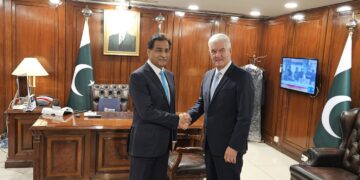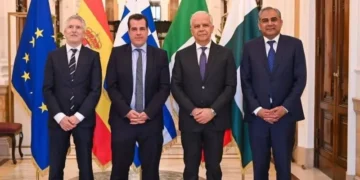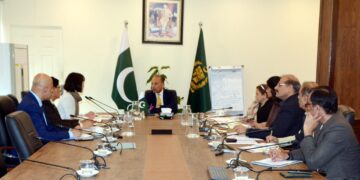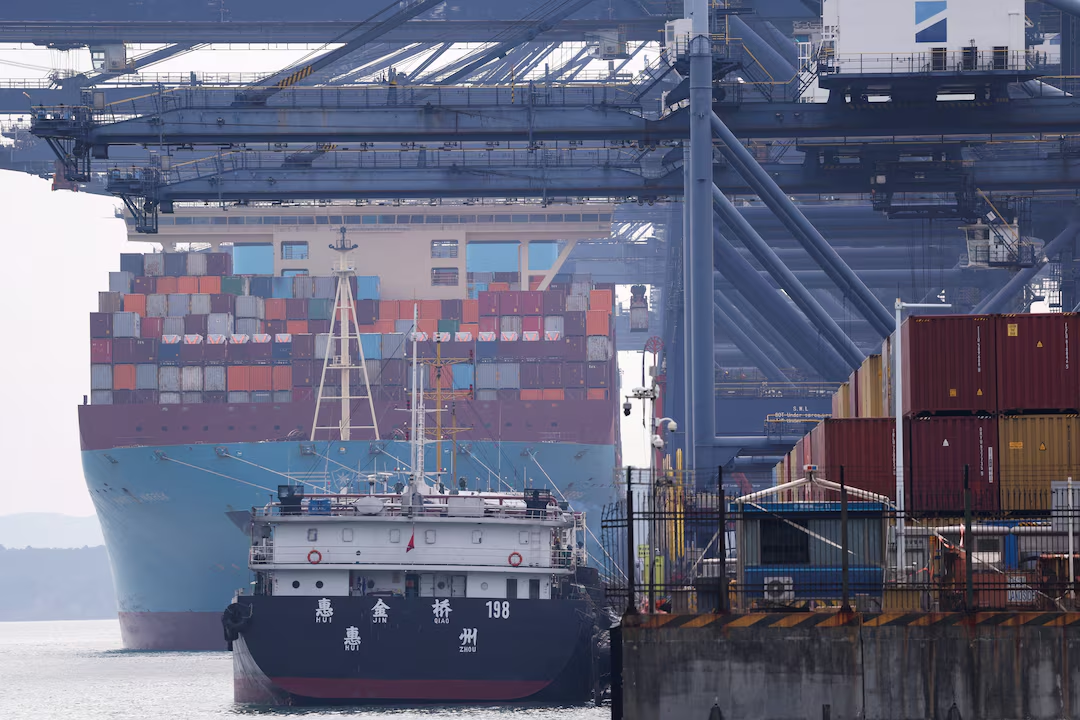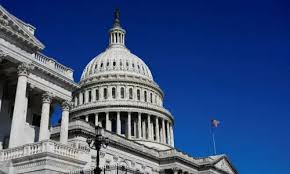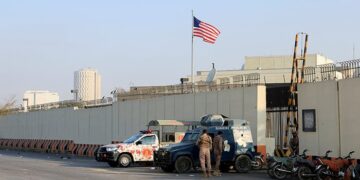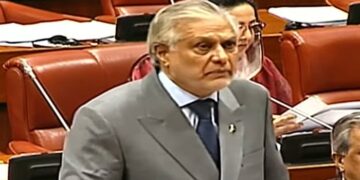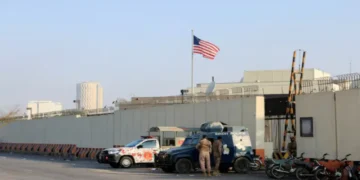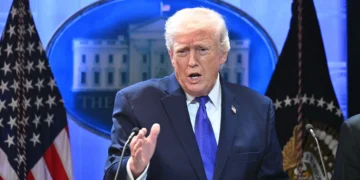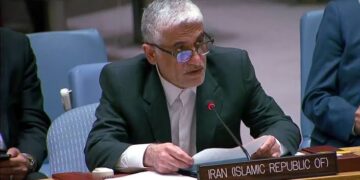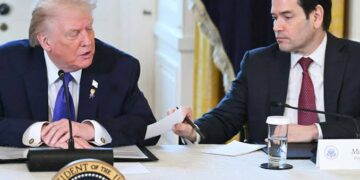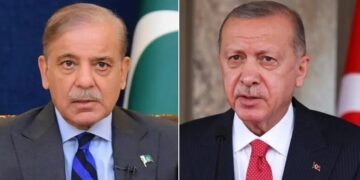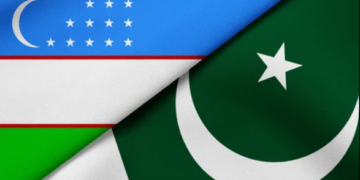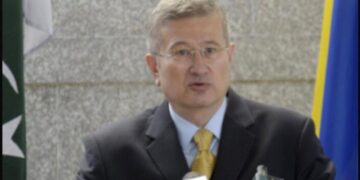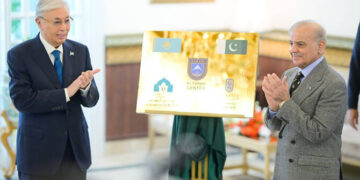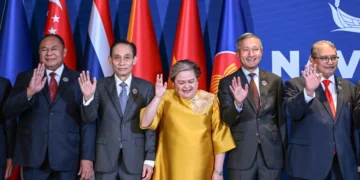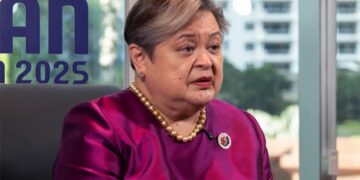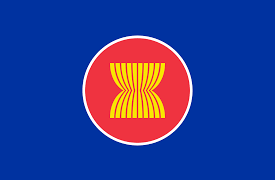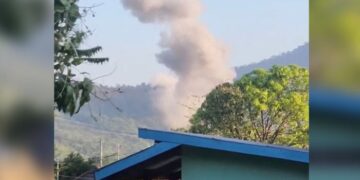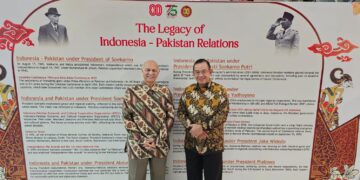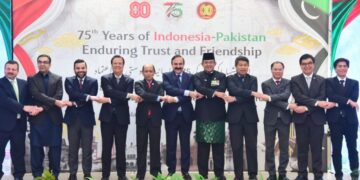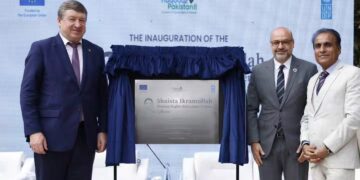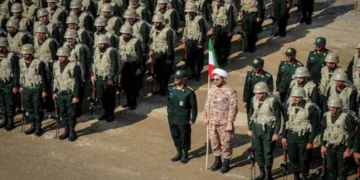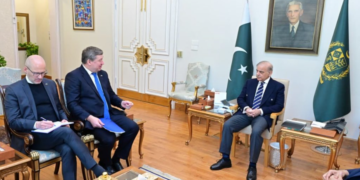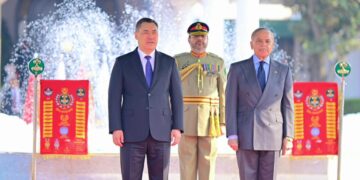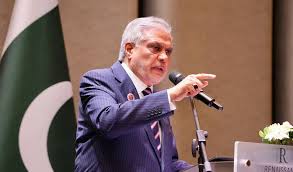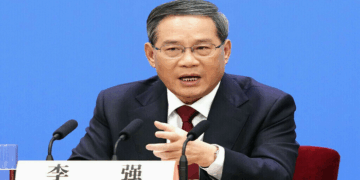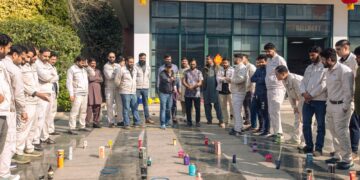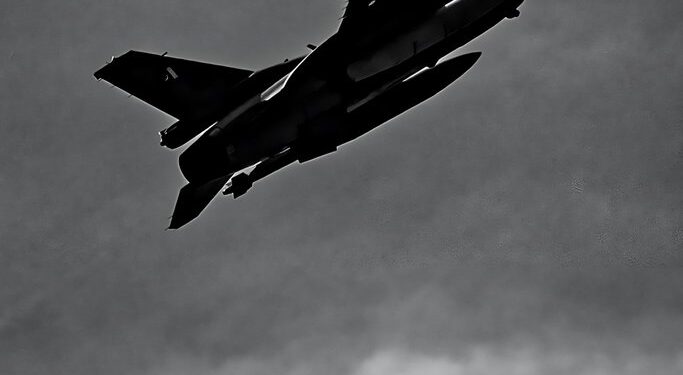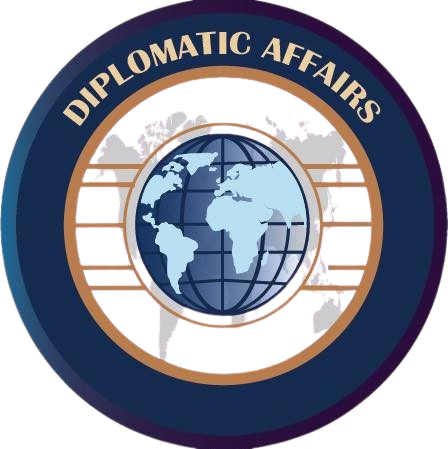Web Desk; Pakistan has carried out a series of intensified counterterrorism airstrikes in eastern Afghanistan, targeting key positions of the Tehreek-e-Taliban Pakistan (TTP) and its allied group Fitna al Khawarij (FAK), as tensions with the Afghan Taliban escalate.
The latest strikes, conducted late Thursday, mark one of the most extensive cross-border operations in recent months.
Media reports suggest that Pakistani forces struck multiple terrorist hideouts, training camps, and attack launchpads in the eastern provinces of Paktika, Khost, and Jalalabad.
The operations included “double tap” precision strikes on high-value targets, including a moving vehicle believed to be carrying a senior militant leader. Kill teams were also reportedly deployed on the ground to ensure operational success.
Pakistan’s Defence Minister confirmed that airstrikes were also carried out in the Afghan capital Kabul, describing the action as a decisive step against groups orchestrating cross-border terrorism. “We cannot tolerate this anymore.
Enough is enough,” he said, adding that Pakistan would target all hideouts of terrorists and their facilitators in both Afghanistan and Pakistan “regardless of collateral damage.”
A high-level press conference by the Director General of Inter-Services Public Relations (ISPR) has been scheduled for Friday at 1430 hours to provide details on the strikes.
Shortly after the Kabul strikes, Afghan authorities reported explosions near Abdul Haq Square in the capital. Local media said a Land Cruiser was hit, leading to the closure of the area and heavy security checks.
Residents reported hearing two blasts around 9:50 pm local time, while mobile services were also down in several neighborhoods. The Taliban’s spokesperson confirmed that an explosion had occurred and said investigations were underway, with no immediate reports of damage.
The intensified Pakistani strikes come amid shifting regional dynamics. On the same day, Afghanistan’s UN-sanctioned Foreign Minister Amir Khan Muttaqi arrived in India for high-level talks—the first visit by a senior Taliban figure since their return to power in 2021.
Analysts say India aims to deepen engagement with the Taliban government to counterbalance Pakistan’s influence in Kabul.
Observers believe the timing of Muttaqi’s visit and Pakistan’s military escalation could further strain Islamabad-Kabul relations while giving India an opportunity to strengthen its diplomatic position in Afghanistan.
Pakistan has repeatedly accused the Afghan Taliban of providing safe havens to TTP militants involved in deadly attacks across the border—an accusation Kabul denies.
The current wave of airstrikes, described as “kinetic hits using full military force,” is expected to continue until Pakistan achieves its objective of dismantling the TTP/FAK leadership’s capacity to direct attacks inside its territory.




